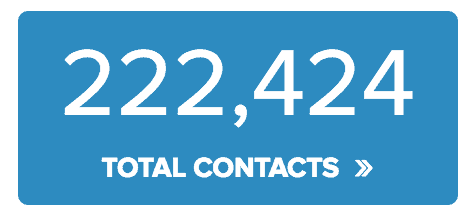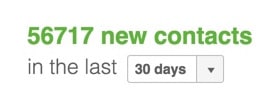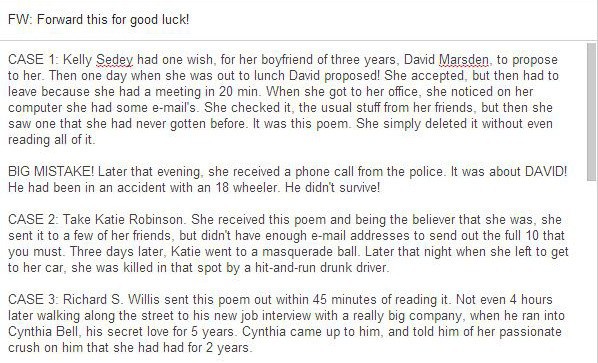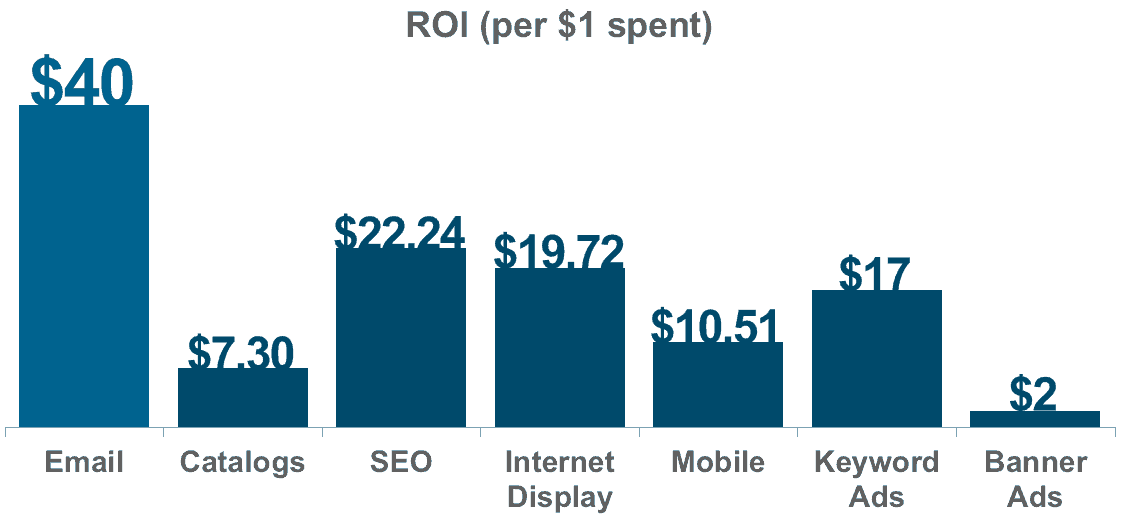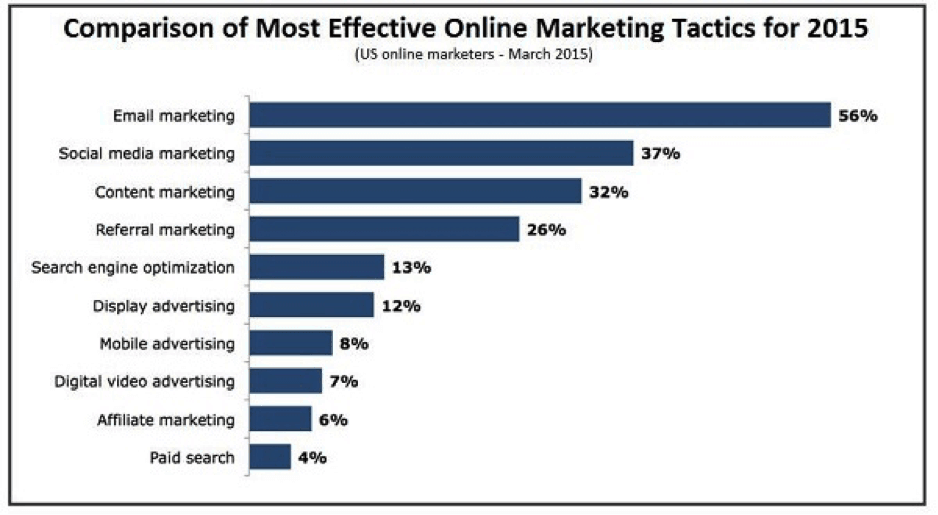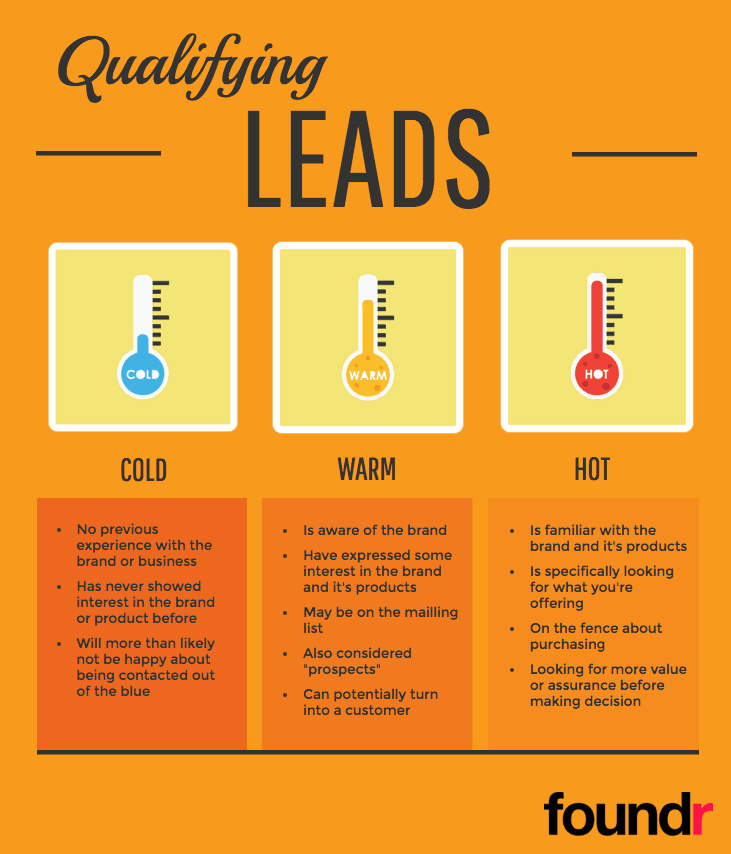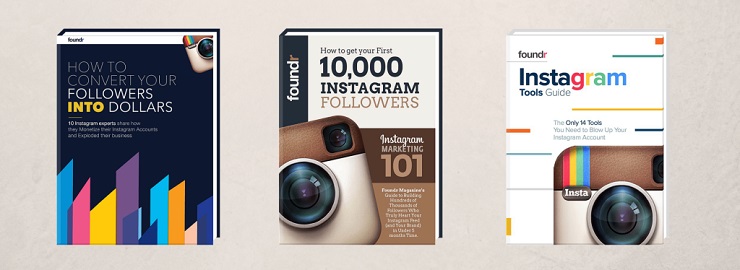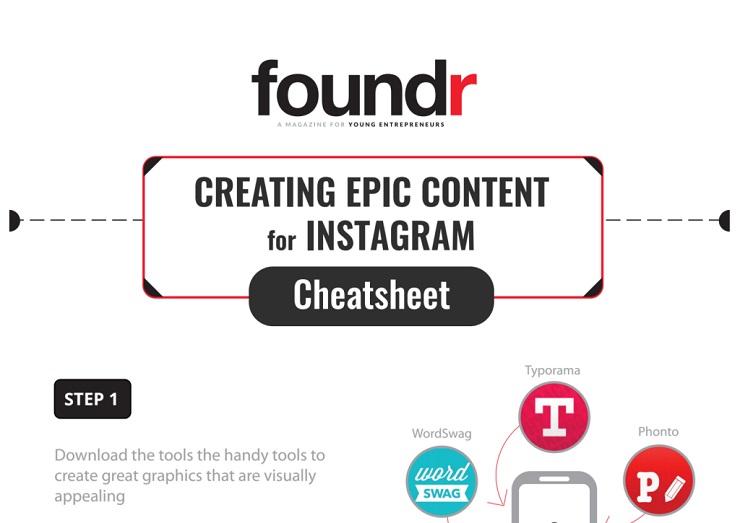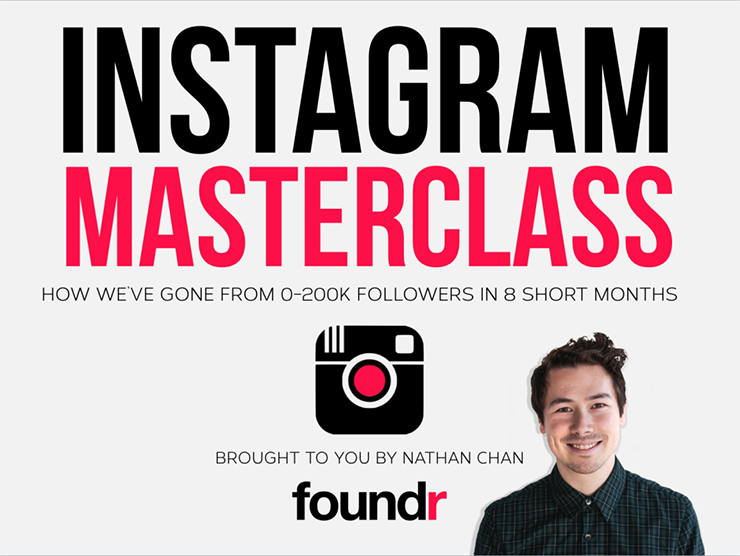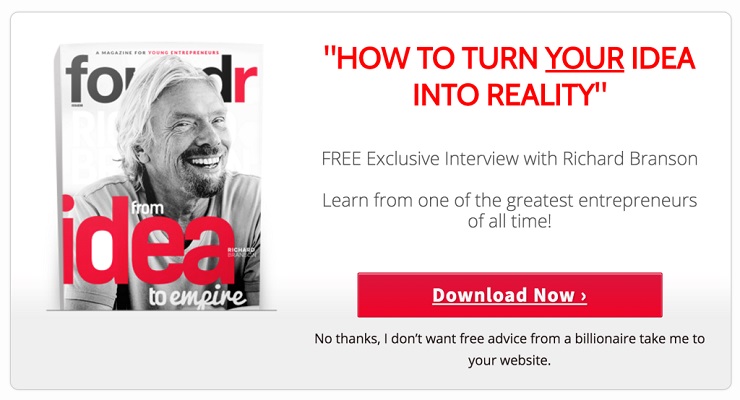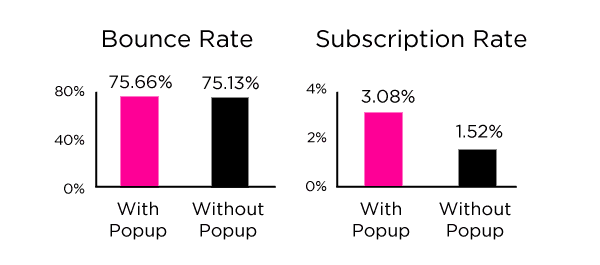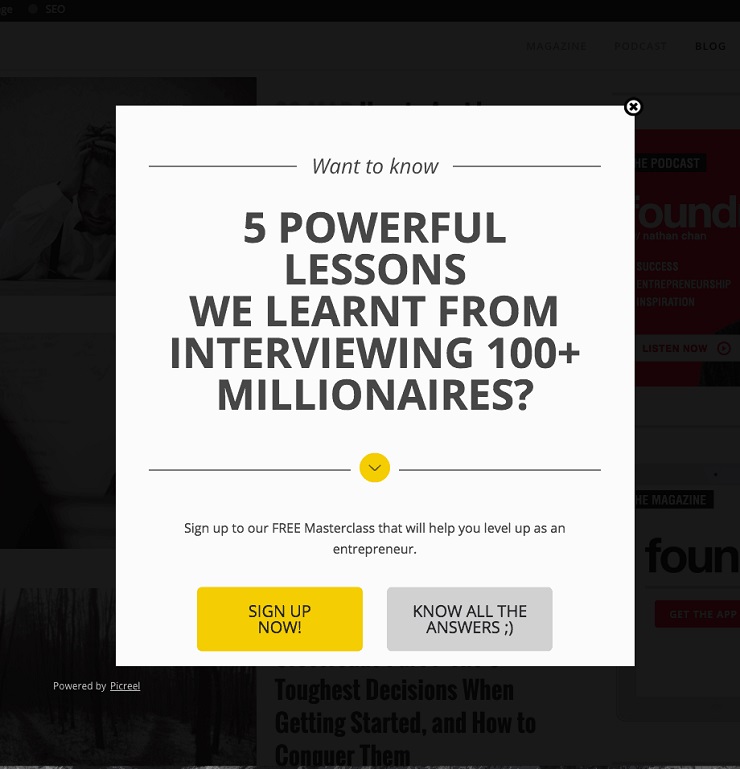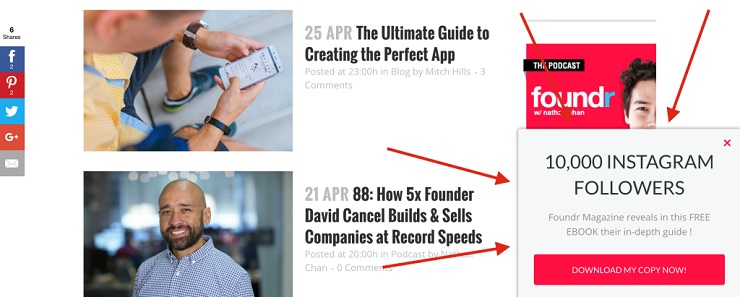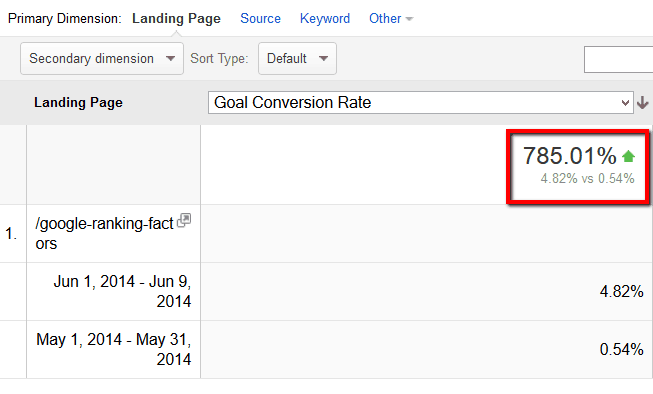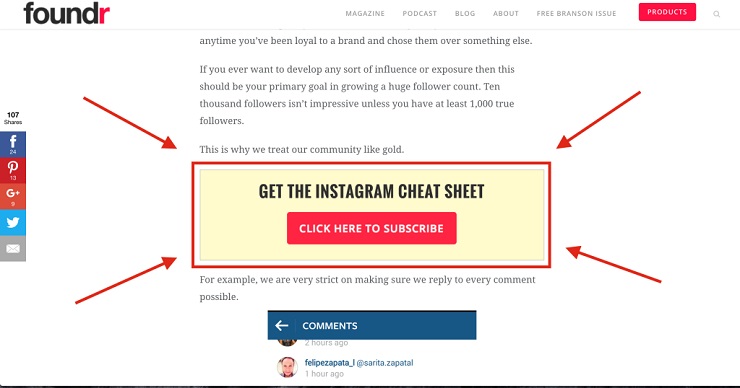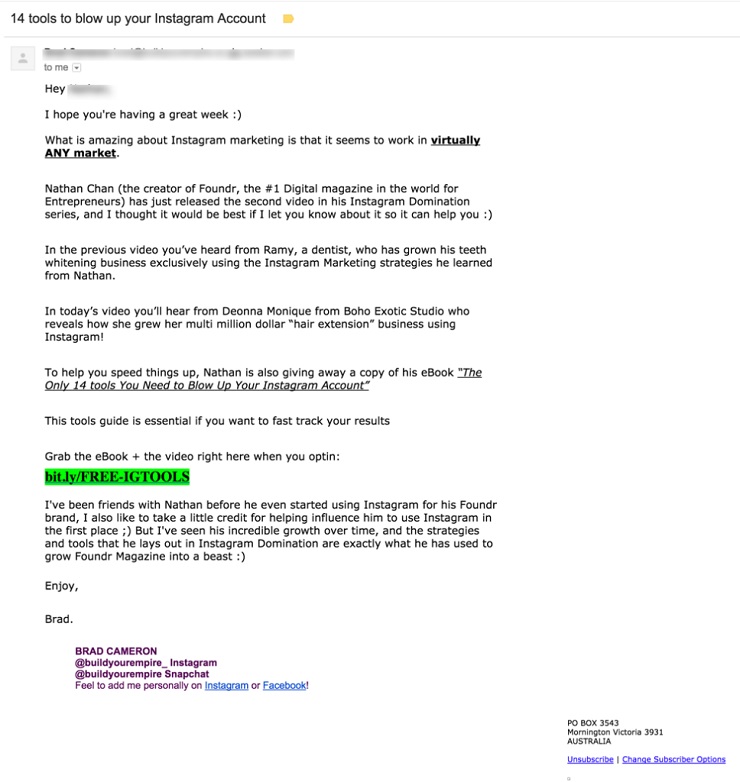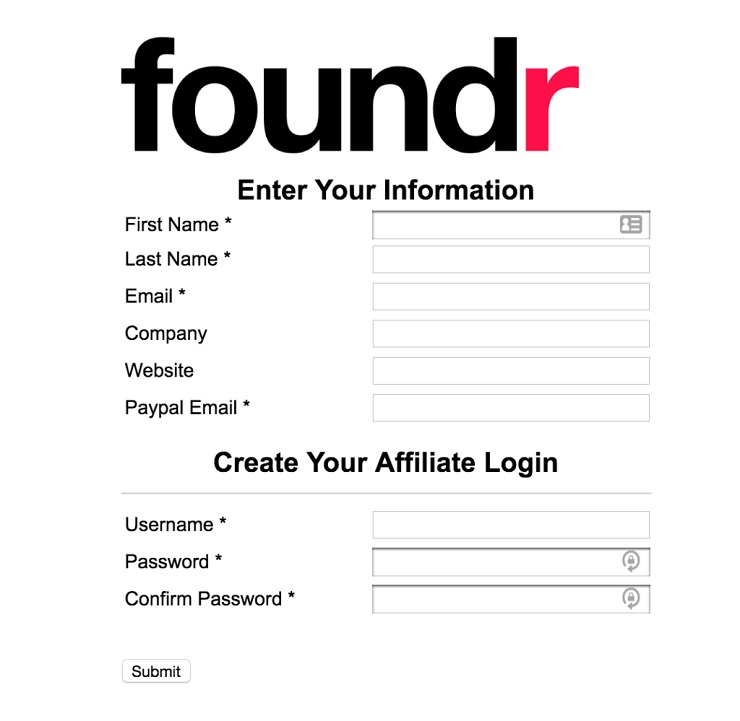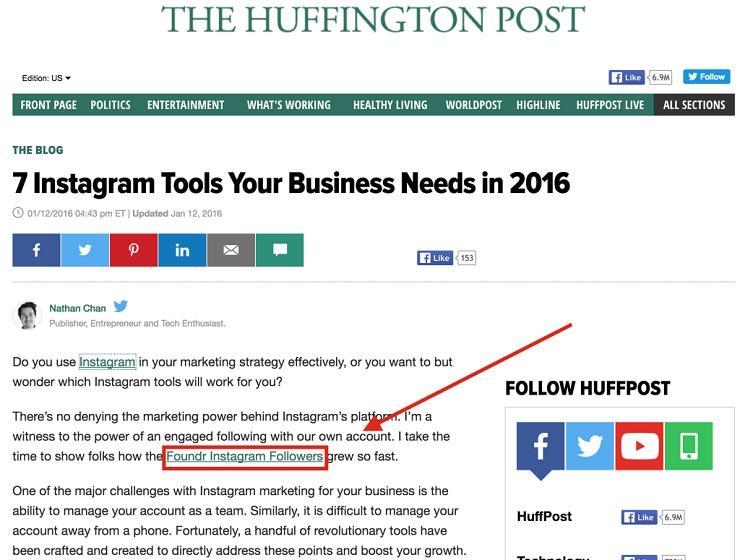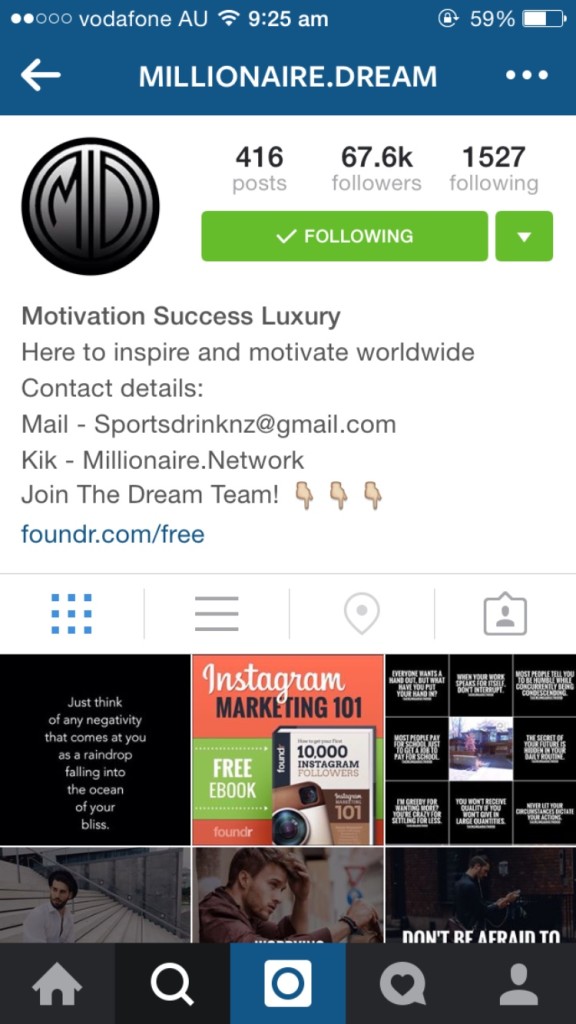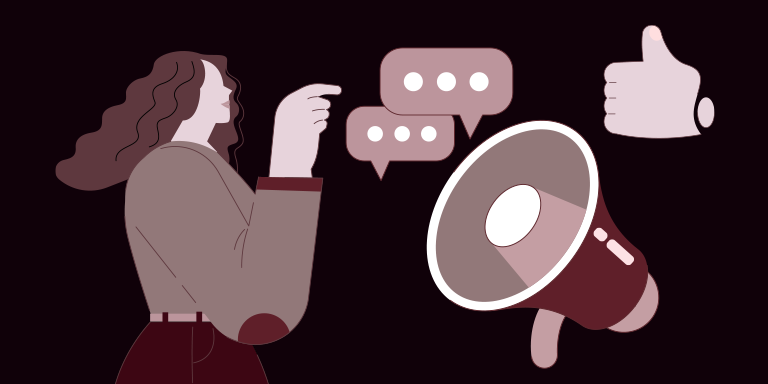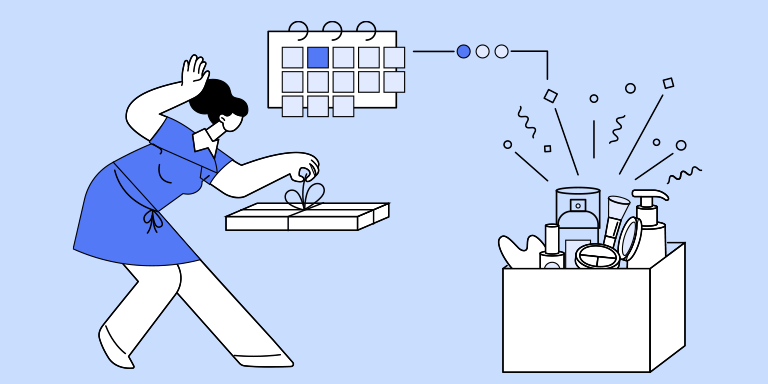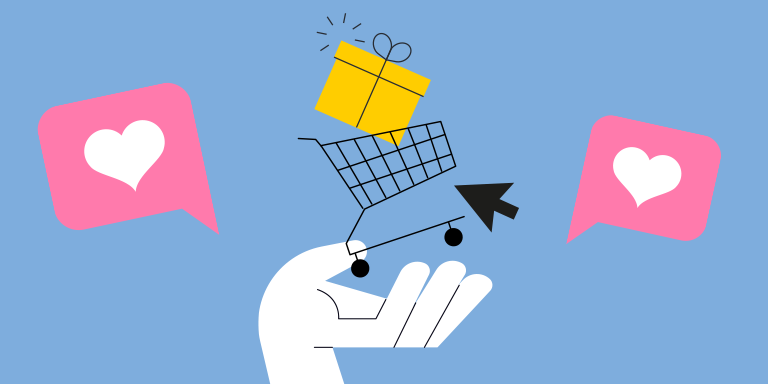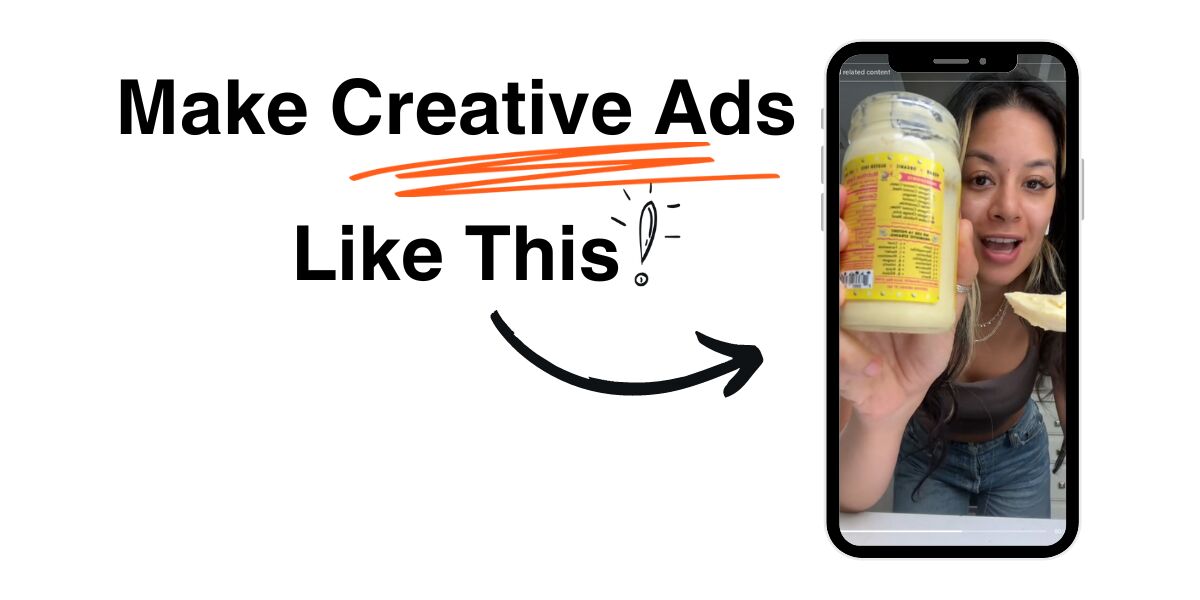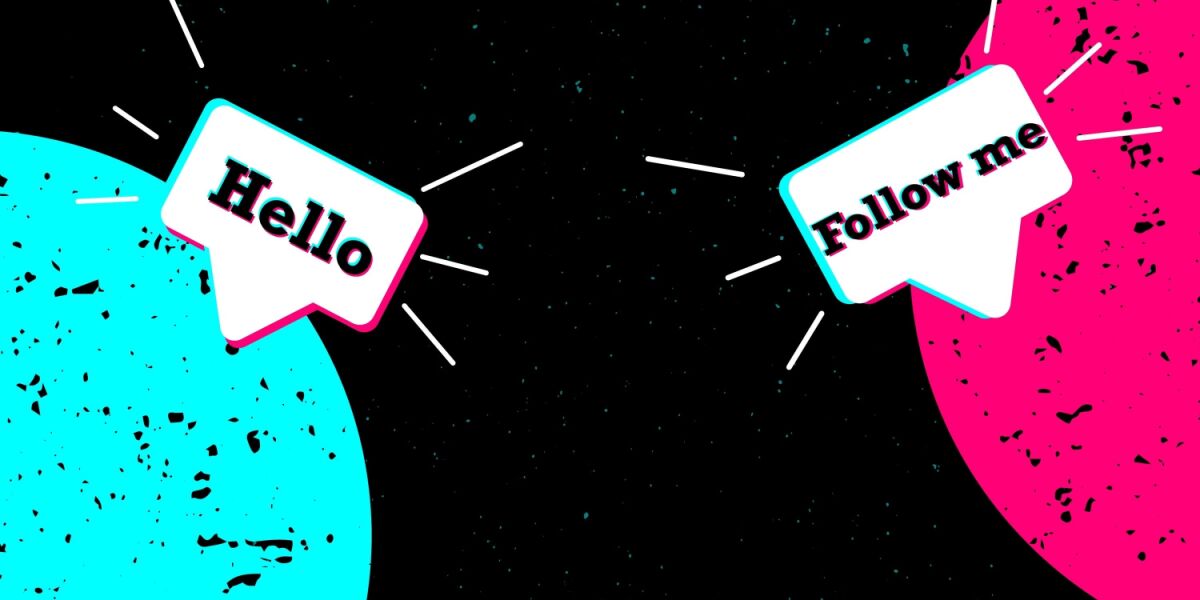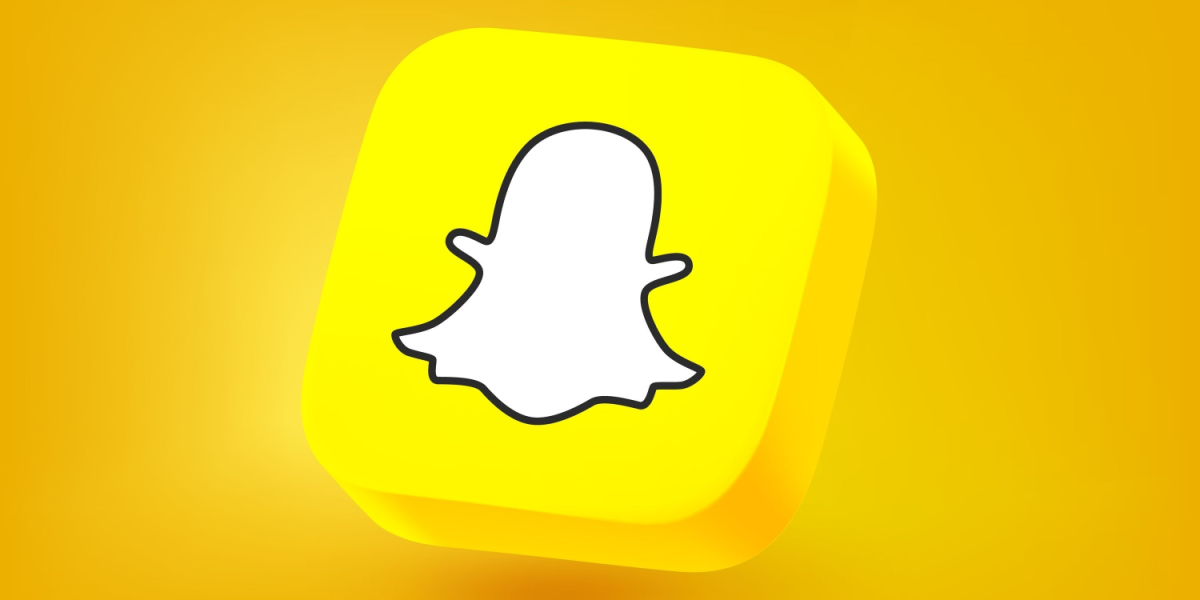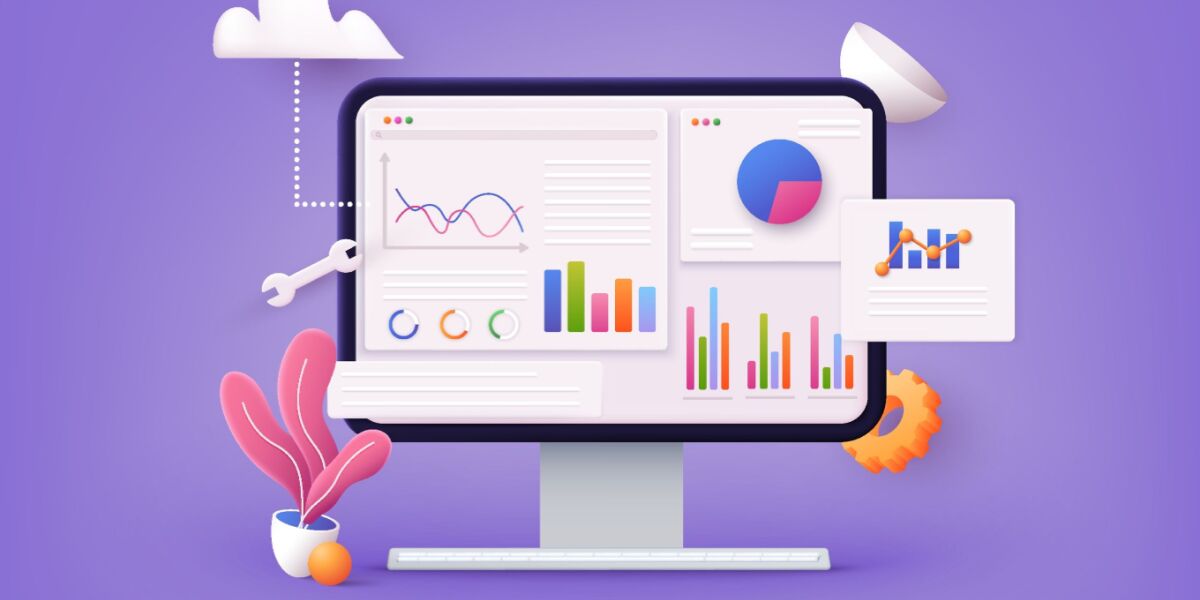When Foundr first started, we faced the same problem every other bootstrapping entrepreneur with stars in their eyes does: We had no email list. We had no presence, no reputation, in fact we didn’t even know where or how to build an email list.
How to Build an Email List
- Leads: Get em’ while they’re hot!
- eBooks
- Cheat sheet
- Webinar
- Product giveaway
- Pop-ups
- Content upgrades
- Affiliates
- Podcast
- Guest posting
- Bonus: S4S
But thankfully, things have turned around since then. Today we now have a mailing list of more than 200,000 people! Chances are, you’re reading this blog post right now because of the emails we send out every week.
The last time we wrote about our mailing list, just a mere few months ago, we only had a mailing list of around 100,000 people. However, since then not only have we managed double our list to 200,000 subscribers, but we were able to capture 56,000 of those in just one month!
This email list growth was a major component of a massive product launch we undertook this past winter. In the lead-up to the launch of our Instagram Domination 2.0 course, we doubled down on our goal to rapidly grow our email list. In this article I’m going to reveal to you the exact tactics we used and how we employed them in order to grow our mailing list.
Fair warning, I spill all of our secrets in this piece, so buckle up, because there is a lot of information to take in here.
What’s in an email list?
I’m not exaggerating when I say that if you run an online business, your success will live or die by your mailing list.
Now you might scoff at this, and I wouldn’t blame you. Technology has come leaps and bounds in the past 20 years. So much so that it seems kind of ridiculous that we’re still making such a big deal out of something that feels distinctly old-fashioned.
Back in the early days of email we were more worried about choosing the perfect username than we were about marketing. In fact I distinctly remember being more stressed over forwarding a chain email to five other people, because it’d somehow improve the chances of my high school crush declaring their passionate love for me, than I was about whatever newsletter found its way into my inbox.
Don’t lie. You’d forward this.
Today we’re all about social media marketing, search engine optimization, and whatever other buzzword you can think of. But the truth is, there is no other channel that will give you a better return on investment than email. According to Adobe, for every $1 spent on email, the average ROI is $40. That’s almost double the return of SEO, the second-highest channel.
Despite the fact that the average marketing email will end up in the trash or spam folder, it doesn’t stop email from being the number one channel used by marketers.
For years, email has consistently outperformed every other digital channel when it comes to acquiring sales, leads, and customers. Experts like Neil Patel and Joe Pulizzi all agree that email is, by far, the most important resource any business has.
Unlike purchasing conventional advertising, or relying on SEO, you have complete control over your mailing list. No matter how sophisticated or targeted your social media marketing strategy may be, no other channel will give you such direct access to your customer.
You don’t have to worry about Google or Facebook suddenly changing their algorithms, because once you have someone’s email you have the ability to communicate with them one on one. Even if all of Foundr’s search rankings and social media presence disappeared tomorrow, we’d still be able to promote our brand and our products to the thousands of people on our mailing list.
Leads: Get em’ while they’re hot!
While it’s obviously great to have a large email list, you don’t want to fall into the trap of just focusing on the size of your list. At all times, you have to keep in mind the reason why you want such a large mailing list to begin with. After all, it’s not about the size of the list, it’s how you use it!
One of the key reasons why email marketing is so effective is due to the quality of their list. If you want to get similar results of high deliverability (i.e., high levels of your recipients getting your emails to their inboxes), high open rates, and high click-through rates, you want to keep your list healthy and spam free. You must always make sure you get the right people in your list — either by using an email verification tool or by deleting the people from your list who never open your emails.
At Foundr, we use our list to keep in touch with our audience, but the ultimate purpose is to qualify leads and further build a relationship with our audience.
Now in the internet marketing world you’re going to find a variety of different definitions of what constitutes a lead. To me a lead is, very simply, a potential customer.
However there are very different types of leads. A cold lead is someone who’s never heard of your brand before and if you approach them trying to sell something they’re probably not going to be too happy with you. Think of anytime you’ve been on the receiving end of a cold call from some sort of phone company—pretty annoying right?
What you want to be doing instead is turning that cold lead into a warm lead. Meaning you’re on their radar, they might not want to purchase from you yet, but they know who you are and what you do. For the most part this is what your mailing list will be filled with, people who have a pretty good idea of what you’re all about.
Now, at Foundr, our aim is to turn those warm leads into hot leads with our mailing list. This means that our potential customer is now on the threshold of purchasing from us. We’ve given them so much value from being part of the Foundr community they’ll be more open to becoming a customer.
In the lead-up to the Instagram Domination 2.0 launch, our goal was to populate our mailing list with warm leads and to gradually start turning up the heat. We did that by always making sure we never abused our mailing list by sending them spam, and building up a solid foundation of trust with our subscribers by constantly providing them with valuable content we knew they wanted.
But, like most things, generating those kinds of leads is a lot easier said than done.
Magnets, how do they work?
First and foremost, what you don’t want to do is populate your mailing list with a bunch of cold leads—especially using underhanded tactics like ripping off someone else’s database, or promising something that you’re not planning on giving.
At the end of the day, the best way to put together a killer email list is to ask someone outright if they’d want to subscribe. It really is that simple. The only issue then is that it’s bad practice to ask for something without offering anything in return. So what you need to do is create a lead magnet.
This is a process described by Seth Godin known as permission marketing. The core concept of this idea is that you never market to someone that doesn’t want it, you first have to ask them for their permission. When someone signs up to your email not only do they become a warm lead but they give you their permission to send them offers and to market to them.
A lead magnet is, as the name suggests, something that you use in order to generate more leads for your business and your mailing list. Essentially what you’re doing is offering something that your audience would find valuable, but in order to access they’ll have to sign up to your mailing list.
That’s essentially it; there are no tricks or sneaky tactics. It’s literally letting people know that you have something to offer that you know they’d like for free. All they have to do to access this is sign up for your mailing list.
When we created our lead magnets we had the goal of making our free stuff better than most paid stuff out there in the market place.
The key to a good lead magnet is something specific.
It doesn’t need to be overly complex or convoluted. In fact, the best lead magnets are simple and can be easily digested within five minutes. All you’re aiming to do with a lead magnet is to offer as much value as possible in its simplest form. The only difficult bit is making sure that you know your audience well enough to be offering something that you know they will like.
In our case, we wanted to grow our mailing list in preparation for the launch of Instagram Domination 2.0, so we knew that we wanted to target people who were interested in using Instagram to build and market their business and take their account to the next level. After that it was a no-brainer to produce lead magnets centered around Instagram.
Here are three lead magnets that we used in order to explode our mailing list.
eBook
When it comes to coming up with a great internet marketing lead magnet, nothing really beats the classic ebook. An ebook is a very cost-effective lead magnet that allows you to get specific about a singular topic and offers immediate satisfaction. In our case, ebooks offer bite-sized collections of actionable information on a specific topic.
When we decided to create an ebook lead magnet, we knew that offering the same one over and over again would get very stale, very quickly. Which is why we created three different ebooks, each focusing on a different aspect of Instagram, as you can see in the picture above.
The key to a good ebook is great design and graphics. Because we were planning on using this as our cornerstone lead magnet, we spent literally spend thousands of dollars in designing the best ebook we could possibly offer. When we designed our lead magnets we wanted to make them so good that people would to share them with their friends.
Cheat Sheet
Just like an ebook, a cheat sheet or guide is a very simple way to capture emails and generate more leads. In fact, if you’re familiar with DigitalMarketer you’ll know that they often promote this lead magnet over others. It’s actually performed so well for them it managed to generate 28,000 new leads for the business in its first month and a half.
Cheat sheets are incredibly popular, because they give a specific answer to a specific problem. Unlike other lead magnets the appeal behind a cheat sheet is that they allow the user to take immediate action. Whether it’s a simple how-to guide or a checklist, the user can start seeing results instantaneously.
As you can see with our cheat sheet, we went with the how-to method, where we broke down our Instagram strategy to its simplest components. Of course, there is much more going on than this simple paint-by-numbers approach. But for people who want to start taking action right away, this is a hard offer to pass up.
Webinar
When it comes to giving away a ton of value about a very specific topic, nothing really beats live training as a lead magnet. One of the reasons it’s so successful is because unlike ebooks or cheat sheets that might end up sitting in your folder unused, a webinar actually demands your attention.
The reason is that webinars carry a sense of urgency that can’t be found with other lead magnets. The audience is well aware that this information is only going to be shown once, so they have to pay attention or they’ll miss out.
But the main draw of a webinar is the fact that it allows you to actually talk to your audience instead of talking at them. It’s no secret that people like to feel like they’re connecting with a person and not just a faceless corporation. It’s the same with learning—in a webinar your audience can learn directly from the people behind your company.
We structured our webinar around, yup you guessed it, Instagram. Only this time we could go more in-depth with our knowledge. Our Instagram masterclasses are not only filled with actionable advice, but we also make sure to showcase case studies and delve deep into why our tactics work.
Product Giveaway
Ever since the dawn of time, entrepreneurs have been giving away stuff for free. From the “lite” versions of apps, to samples in the grocery story, or straight up assaulting you with perfume every time you walk past the makeup department. Entrepreneurs of all sorts will fall over themselves trying to give you their stuff for free, all in the hopes that you’ll want to come back for more.
A product giveaway is the most straightforward way any business can turn a warm lead into a customer. The reason this works so well is because not only do audiences get something of value, but they’re able to test the quality of your work firsthand.
The Richard Branson issue of Foundr Magazine was our first significant milestone as a company. So it’s only fitting that we’ve turned it into one of our best and most widely used lead magnets. By giving away this issue for free, we’ve managed to funnel thousands of people onto our mailing list throughout the years.
Casting the line
So now that we know why you want to explode your email list and what leads are all about, let’s get into the good bit, starting with what’s the deal with pop-ups.
For now, let’s think of lead generation as if it’s fishing. Your lead magnet is the bait and now you need to cast the line. Although we’re not looking to sit out in a lake somewhere with only one fishing rod. Nope we’re looking to cast our net far and wide in order to capture these emails.
So here are the different channels we used to capture 56,000 email subscribers in just 30 days.
Pop-ups
When it comes to capturing emails, you can’t really get past the classic pop-up. No matter how you feel about pop-up ads, there really isn’t any denying the fact that they work.
In general, pop-up ads have a 2% higher conversion rate than any other type of ad. Entrepreneur reported a whopping 162% increase in sales and an 86% increase in sign-ups to their newsletter once they began implementing pop-up ads.
Dan Zarella found that his email subscription rate actually doubled when he began using pop-ups. Despite the notion that pop-ups negatively affect the bounce rate of a site, when looking at the statistics illustrated below, there was no noticeable change for Dan.
The reason pop-ups work so well is because of two very quirky things about the human brain:
- We literally have a shorter attention span than that of a goldfish.
- We easily get overwhelmed by the amount of information presented.
Pop-ups manage to kill these two birds with one stone by providing a simple choice for your site’s visitor. By using a pop-up you’re able to cut through all the noise and help your visitor keep their attention on you and what you’re offering.
Presumably you’re reading this on the Foundr website, so you’ve probably already encountered our pop-ups. Going by raw statistics 50% of you would have clicked past them and moved on to reading this amazing article by yours truly. The other 50% would have been pleasantly surprised and clicked through. Here’s how they work.
First we have our exit intent pop-up, also known as a hover pop-up, which we use to help with our bounce rate. They appear almost exactly a minute after you come onto our site, which studies have shown to be the optimum time for conversion. While these can be annoying, the key to this style of pop-up is to use a lead magnet that offers an unbelievable amount of value. That’s why we offer people the option to sign up to our masterclasses.
The second type of pop-up we use is a sly one that we’ve designed to be as unobtrusive as possible so it doesn’t negatively affect your browsing experience. It appears in the corner and is designed to offer even more value than what you’re currently getting. We offer one of our three ebooks as the lead magnet for this style of pop-up.
Content Upgrades
One of the biggest reasons we were able to explode our email list to 56,000 in just 30 days was because of a very simple SaaS we use called Leadpages. Now Leadpages is what we use to design our epic looking landing pages for our various sales funnels, but one of the most important features that we use is their ability to create content upgrades.
Content upgrades are staggeringly effective when it comes to generating leads and capturing emails. In fact, serial entrepreneur and SEO expert Brian Dean saw a 785% increase in conversions once he started using content upgrades.
That is insane.
Now here’s the best part: Content upgrades aren’t difficult to do at all. If you’ve even dabbled with the idea of content marketing and have even a semi-decent blog, you can set up a content upgrade for yourself right now. Essentially content upgrades are strategically placed lead magnets in your highest performing articles.
Unlike other lead generation channels, content upgrades have an incredibly high conversion rate, because you’re offering the reader of a blog post something they already want. It’s all about being incredibly specific about where you’re putting your lead magnets and making them stand out.
If you take a look at any of our Instagram-related blog posts you’ll see our content upgrades in action.
The concept is simple. If someone is reading an in-depth blog post of yours, chances are they’re very interested in what you have to say on the topic. The key is to then offer them something that is directly related to the topic they’re reading about. You know they’re already interested, so by offering instantaneous extra value it’s not difficult to see why people would gladly sign up.
Affiliates
While it’s tempting to say that we were able to create such a massive email list all by ourselves the reality is that it impossible to get that far without the help of some friends. As an entrepreneur one of our most valuable resources is our community of peers. While it may be easy to view others in your niche as your competitors, you’ll actually get a lot of more out of your entrepreneur community if you actually view them as potential partners who can help you out.
Which is why we looked towards our community and reached out to our friends and other influencers in our niche to collaborate with.
As you can see when it came to building our own email list we asked our affiliates to promote our lead magnets through their own mailing list. This is key when it comes to working together with affiliates. It’s great if you can get someone to give you a shoutout over their social media accounts but, like I’ve said before, nothing beats email.
But affiliates can be very guarded when it comes to their mailing list, we can’t blame them because we jealously protect our own email list too. When it comes to asking someone to promote you over their highly valuable email list you have to make sure that you’re offering them and their audience something that’s worth their time. Which is why we we strove to make sure our lead magnets were as valuable as possible so that their audience wouldn’t see this cross-promotion as spam, but something that’s worth their time.
Even better was the fact that we had built the Foundr brand up to the point where we had people actually ask to become an affiliate of ours. Our very brand became an important leveraging point for us because we had developed it to the point where people would want to become associated with our brand. Obviously this didn’t happen overnight and it took many years of work to get us to that point, but it was a great side-benefit to all the success we had achieved so far.
Podcast
Within the past decade there has been a podcasting revolution going on, with the number of Americans who listen to podcasts doubling in seven years. Maybe it’s because they’re just so convenient and so much easier to consume, or maybe it’s because the format is just somehow perfect for storytelling. Whatever it is, podcasting is here to stay and is one of the most engaging forms of media out there.
According to one poll, 71% of viewers have visited a podcaster’s website and 62% considered purchasing their product or service afterward. That is a huge level of engagement that isn’t found anywhere else.
Not to toot our own horn, but we have more than 100,000 listeners to the Foundr Podcast every month. The way we leveraged our podcast was by putting in a strong call-to-action at the end of every episode. If you’re a regular listener then you’ve probably heard our 30-second audio clip that goes like this:
“The Foundr Podcast has come to a close but it’s not time to sleep, it’s time to hustle. Download the Richard Branson issue of Foundr Magazine for FREE right now by visiting. Again that’s an absolutely free download of the Richard Branson issue of Foundr Magazine containing an exclusive interview with the man himself. It’s only available at foundr.com/branson so download it now and we’ll see you next time at the Foundr Podcast!”
We place that clip at the end of every episode. By having that 30-second clip play at the end of each interview we’re able to continue offering value to our already engaged audience by giving away a free issue of Foundr Magazine. It also doesn’t hurt that it’s the Richard Branson issue either.
One of the best things about interviewing inspiring entrepreneurs is that our listeners will feel inspired by the end of the interview. We’re able to capitalize on that feeling of wanting to take action by immediately offering them something that allows them to gain more value, and all they have to do is remember a catchy URL.
Guest Posting
Here’s a fun little story about when I first started at Foundr roughly a year ago. When I came on board as the Content Crafter and Marketer for Foundr, Nathan and I would spend hours upon hours talking about what our content strategy would look like. One thing that Nathan was very adamant about was that we do a lot of guest posts.
It wasn’t enough to just post high-quality articles on the Foundr blog itself, but it was crazy important that we start getting our posts onto other influential sites as well. Taking our cues from Buffer, we began drastically ramping up our content creation process. Part of that process of guest posting was including as many links as possible back to the Foundr site.
Take a look at this article from Nathan’s Huffington Post column, for example. We always try to make sure to link back to Foundr articles. That link up there actually directs back to this article here: A Guide On How To Get More Followers On Instagram: 10,000 Instagram Followers In 2 Weeks.
There are multiple reasons for this. Not only do you start reaping benefits in terms of SEO and social proof, but most importantly, you’ll be able to significantly raise the awareness of your brand.
By placing links back to Foundr’s website, it means that we’re able to piggyback on high-profile influencers and expose our brand to an already interested audience. Similar to how the content upgrades work, placing these backlinks throughout these guest articles encourages readers to click on them and get even more value with our much more in-depth article.
While this tactic doesn’t convert as high as the others listed here, it does provide us with an evergreen way for people to connect with us.
Bonus: S4S
Share-for-share or shoutout-for-shoutout is a social media tactic that we’ve written about extensively before, but it’s worth mentioning here since it was such a vital part of our lead generation strategy.
In case you don’t know, S4S is when you agree to share someone else’s social media post in exchange for them sharing one of yours. In similar fashion to guest posting, the purpose of having your content shared by another influencer in your niche is that they’re exposing your brand to an already engaged audience.
Although unlike a blog post with a somewhat obscure link, S4S becomes especially powerful when that influencer agrees to share one of your lead magnets or a promotional post of yours.
This is why we often reach out to our network on Instagram and ask them to share our promotional posts for us on their pages. We’ve even struck deals where they would change their bio link to one of our landing pages.
However it’s important to remember that it’s all about having a mutual exchange in value. You can’t ask for something without being prepared to offer something else in return, which means you have to look for points for leverage wherever possible.
Sometimes this just means cashing in on some old favors, other times it means we’ll share one of their lead magnets on our account too. Sometimes we’ll work out a deal where we’ll do five caption shoutouts of their account in return for them sharing just one of our lead magnets or something similar. If necessary, sometimes we’ll even pay money to have them share one of our promotional posts.
This is why it’s so important to make the time to establish strong connections with other influencers in your niche, and to view them as collaborators and not competitors. It was because of the relationships that we’ve built with these other influencers that allowed us to have our lead magnets and content shared directly to their own community. Which in turn led to us growing our mailing list by 56,000 new subscribers in just 30 days.
Ready To Grow Your Email List?
Whether you’re aiming to be the hottest new tech startup in Silicon Valley, or just opening up a gym in your area, learning how to grow an email list should always be your number one priority.
If you’re smart about it, you might be able to generate 5,000 emails every month. If you’re lucky, you might even average around 10,000 new subscribers per month. But we generated 56,000 in just 30 days and we’ve shown you everything that we’ve done behind-the-scenes in order to get to this amount.
I won’t lie to you, it does take a fair amount of preparation and time to build your authority up to this point. But I guarantee you that if you start implementing the exact same tactics that I’ve listed here, you’ll immediately be able to increase your conversion rate and start building one of the most important resources you’ll need as an entrepreneur.
Let us know in the comments below the story behind your email list, and what tactics you’re going to start implementing to rapidly explode reach!

